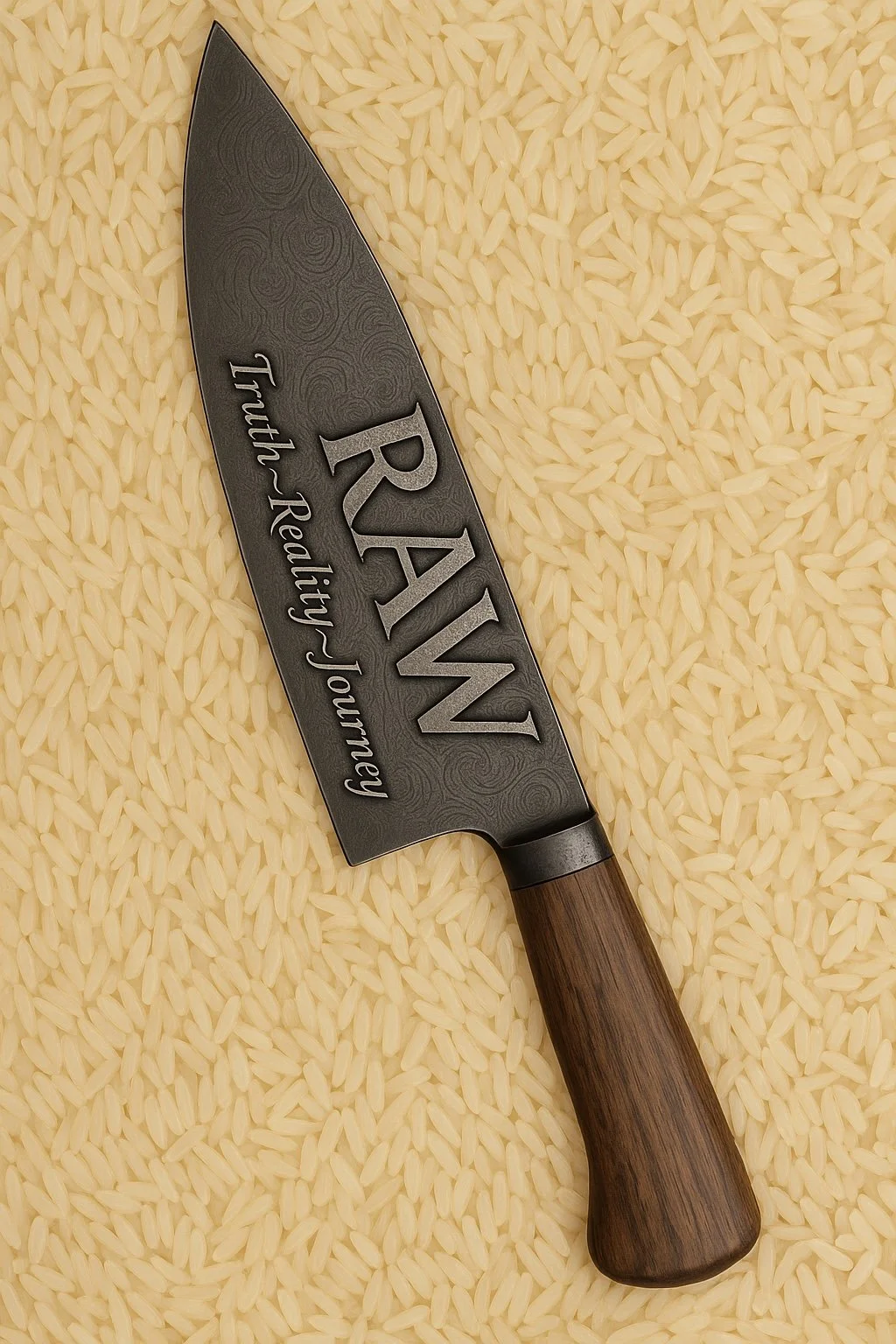Knowing Your Roots
Every first Sunday of June, the streets of Midtown Manhattan come alive with thousands of proud, passionate, and vibrant people celebrating Puerto Rican heritage. It feels like an endless wave of colorful floats honoring everything from the soulful rhythms of salsa to beloved brands like Goya, Café Oro, Don Q, Ron del Barrilito, Bacardí, Cameo, and Yaucono — all living, breathing symbols of our culture.
My father took us to the parade almost every year, dressed head to toe in the red, white, and blue, the single star shining as a badge of pride. Strangers greeted each other like family, yelling “¡Wepa!” and “Pa’ que tu lo sepas!” — pure expressions of tradition and joy.
In that tradition lies the food. Soulful, passionate, flavorful dishes were woven into my South Bronx childhood. My family was rich with incredible cooks, each with their own flair. Dishes like pernil — that beautifully roasted pork shoulder rich with garlic and oregano — or arroz con gandules, each pot made with a sofrito recipe guarded like gold. Mofongo, pasteles, plátanos maduros, tostones, surullitos de maíz, pollo guisado, bistec encebollado, chuletas fritas — always served with love, and of course, a side of avocado. That food was essential: birthdays, holidays, weddings, even an ordinary Tuesday night. Recipes passed from mother to daughter, father to son, standing the test of time as cornerstones of a magnificent culture.
My childhood was steeped in the aroma of fresh garlic and cilantro, sizzling achiote oil, onions and peppers hitting a hot pan, and the occasional pop of grease frying up something magical.
And then there were the Bronx cuchifrito spots. They served edible art you could eat in your hand — alcapurrias, papa rellena, bacalaitos, empanadas. I can still remember walking by, being stopped in my tracks by the smell, the faint thick layer of grease hanging in the air, trailed by salty, savory, rich aromas that made you hungry even if you’d just eaten.
That was pride. That was culture. It wasn’t just representing an island in the Caribbean; it was representing family, love, celebration — a heritage worth fighting for.
I swear Puerto Ricans are born with a radar that lets us spot each other in any crowd. Maybe it’s how we carry ourselves — confident, proud, loud, but with hearts that love hard.
My parents, grandparents, and all the elders in my family showed me how to embrace my roots and take pride in the culture that raised me. I often joke with people that I was born in Puerto Rico’s true capital. When they ask, “San Juan?”, I say, “Yeah — the South Bronx.”
The Bronx was rich with Puerto Rican pride. Outside the bodegas, the old heads drank Budweiser and played dominoes, yelling “Capicú!” and slamming that final ficha on the table. The music was electric — salsa, meaning “sauce,” was a mix of sound and rhythm, drums from Africa blending with jazz harmonies, blasting from project windows on Saturday mornings when it was time to clean the house.
Puerto Ricans have shaped American pop culture too. Artists like Marc Anthony, Jennifer Lopez, Big Pun, Fat Joe, Ricky Martin, Daddy Yankee, and Bad Bunny took our vibe worldwide. Actors like Benicio Del Toro, Raúl Juliá, Rosie Perez, and Luis Guzmán brought that Boricua spirit to the big screen.
My pride is a product of that upbringing. It was about love and respect for our cultura, keeping traditions alive to hold families together. The Bronx was imperfect, sure, and the 80s and 90s were tough years, but it introduced me to pride, passion, and dishes that still live in my heart.
Our people have always been resilient. In 2017, Puerto Rico was devastated by a category 4 hurricane, killing nearly 3,000 and destroying its infrastructure. But there was no choice except to fight, to rebuild, to persist. They are still fighting, still recovering.
Just like life. The storms come — addiction, heartbreak, stress, financial struggle, sickness, loss — but the roots our elders planted help us weather them. They taught us to be proud, to work hard, to love fiercely.
Strong roots don’t just help you grow — they help you stay grounded so you can always find your way back home.
